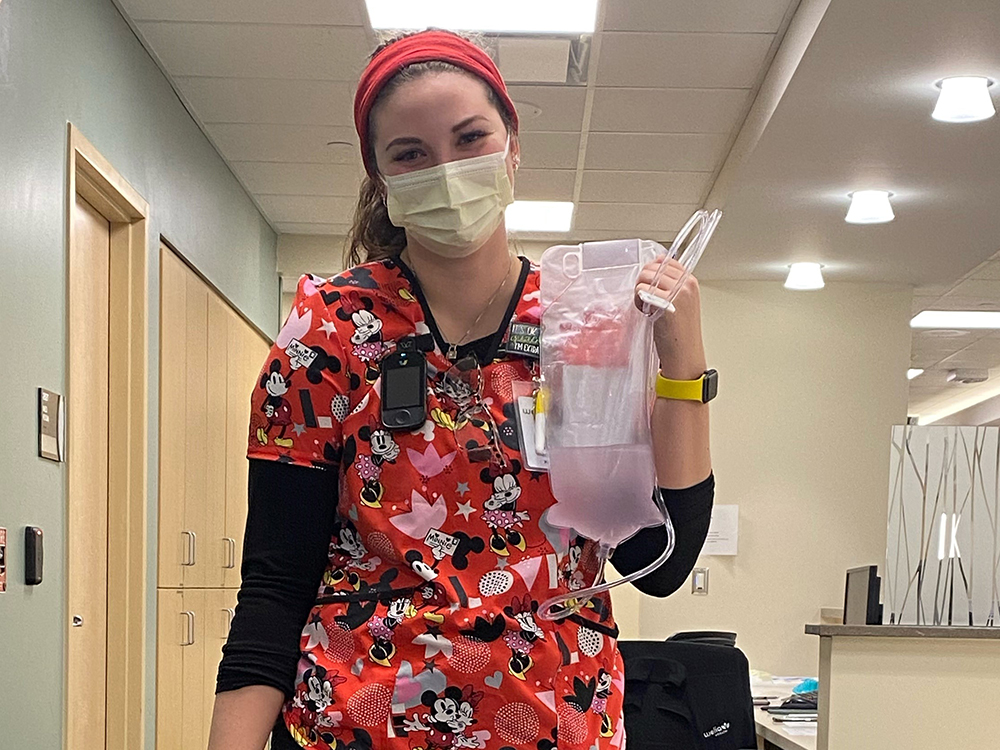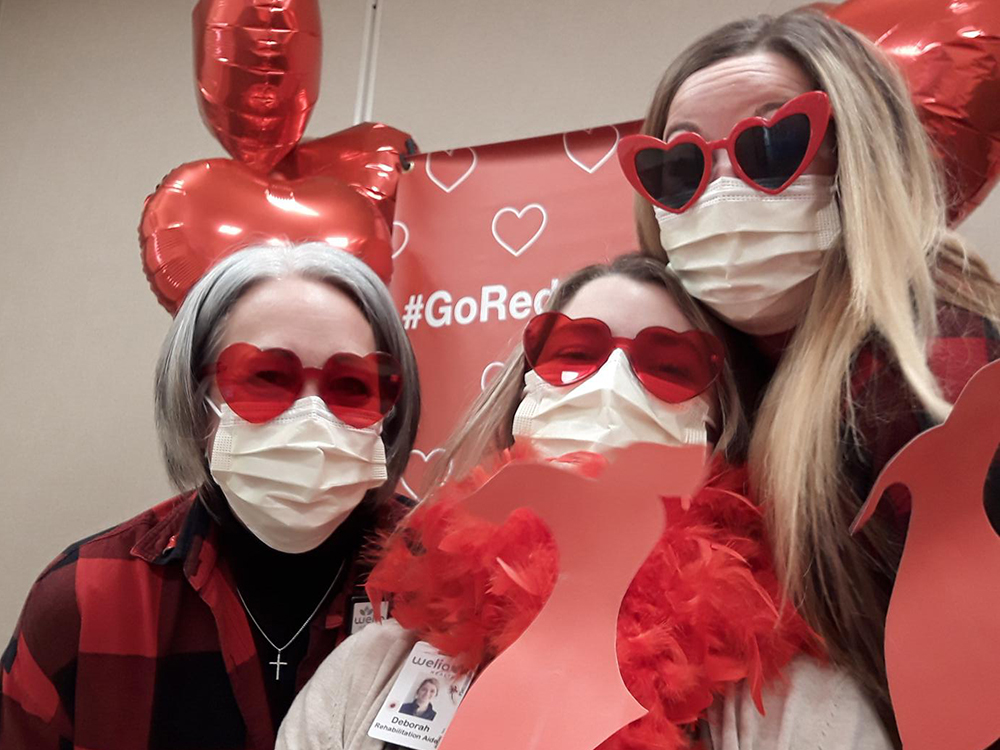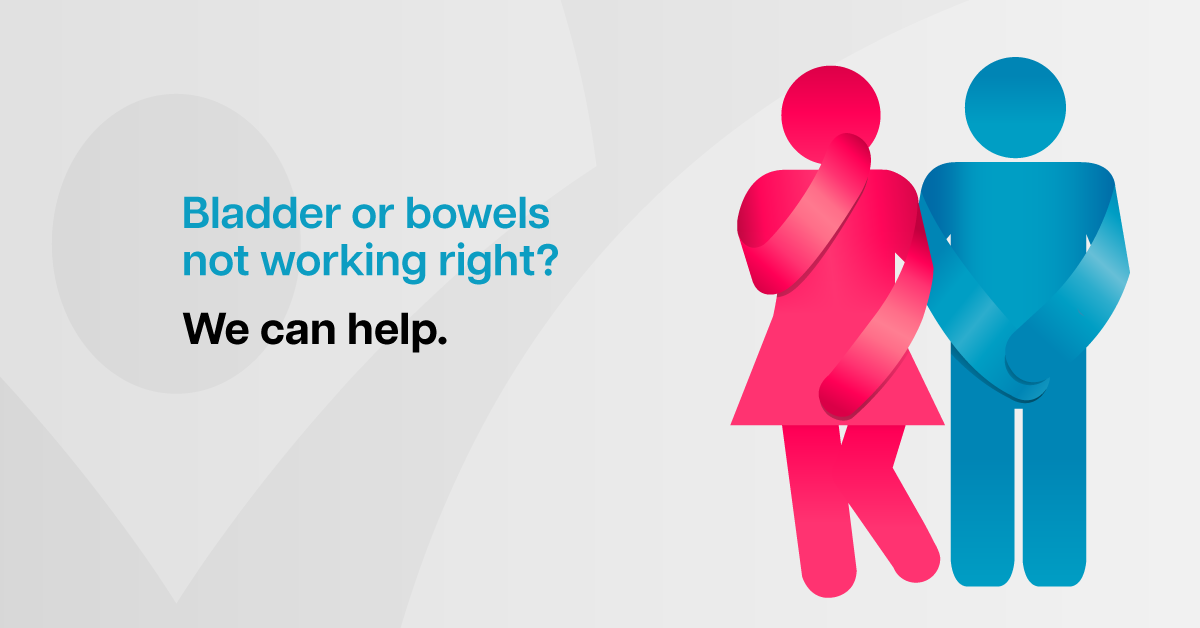National Wear Red Day
Cardiovascular disease is the No. 1 killer of women, causing 1 in 3 deaths each year. Research shows that heart attacks are usually more severe in women, and women are more than 50% more likely than men to die in the first year after having a heart attack. But beyond the grim statistics, there is positive news: 87% of all heart issues are believed to be preventable.
Many women don’t know about their risk for heart disease, which is why National Wear Red Day is such an important awareness-building campaign. There’s a false perception that heart conditions — heart attacks, cardiac arrests and strokes — happen to older people. In reality, however, heart disease can happen to anyone at any age. And it’s on the rise, given increases in obesity, high blood pressure and high cholesterol — conditions that increase a person’s risk for heart disease.
National Wear Red Day seemed to pick up momentum this year. On Friday, February 4, the first Friday of National Heart Month, it seemed people across social media got involved and posted pictures of themselves wearing red. This year’s National Wear Red Day focused on the issue of heart disease in women through its “Go Red for Women” campaign.
Welia Health celebrates the day













Heart disease prevention is in your control
Genetic factors can play a role in someone’s risk level for heart disease. At the same time, there are many steps you can take to lower your risk. Here are some measures to prevent heart disease:
- Eat a diet rich in fruits and vegetables and low in added sugar and saturated fat.
- Prioritize stress management and sleep.
- Quit smoking and decrease alcohol intake.
- Aim for 10 minutes of exercise a day. Although you can find varying recommendations offering a target duration, benefits begin to occur with just 10 minutes each day, and health benefits continue to increase as you actively add minutes.
- See your Welia Health provider for check-ups so we can monitor heart-related guidelines such as body mass index (BMI) and blood pressure.
Your Welia Health provider will also ask about your family history and assess other medical conditions that might increase your risk of heart disease. We’ll partner with you to determine any additional steps you can take to reduce your risk.
If you’re interested in learning more about how gender plays into heart disease, we recommend this article: Gender matters: Heart disease risk in women.














